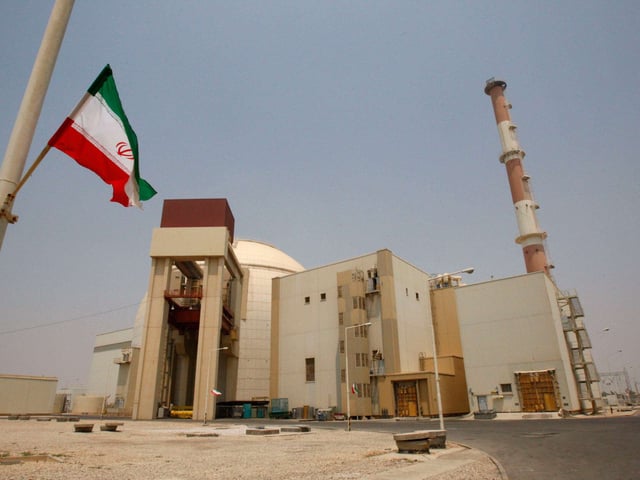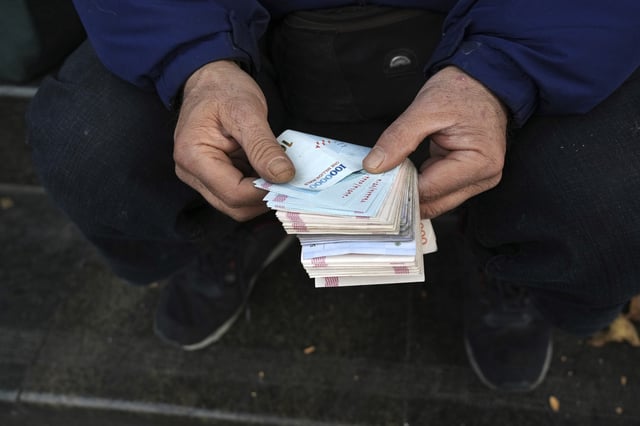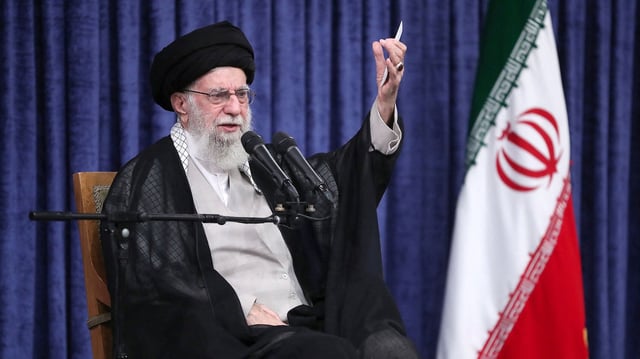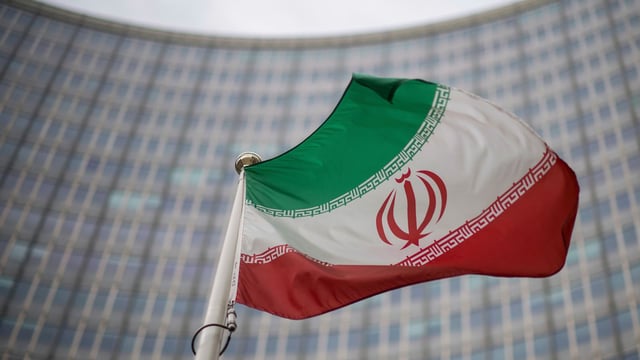Overview
- The E3 notified the UN Security Council on August 28 to invoke the JCPOA snapback, a veto-proof process that gives 30 days before six pre-2015 resolutions can be reinstated unless the Council extends sanctions relief.
- Britain, France and Germany say an extension remains available if Iran restores full IAEA access, accounts for its highly enriched uranium stock, and engages in serious negotiations, with ambassadors reiterating the offer at Friday’s closed Council consultations.
- Tehran denounced the move as unlawful and warned of an appropriate response, signaling potential further limits on IAEA cooperation even as inspectors observed work at Bushehr this week; Iran has also floated conditional openness to “fair and balanced” talks in a message to EU foreign policy chief Kaja Kallas.
- The United States endorsed the European step and said it remains open to direct engagement, while Russia and China proposed a six-month extension of the underlying UN resolution and could complicate implementation even if snapback proceeds.
- If restored, UN measures would revive asset freezes, conventional arms and missile-related restrictions and other controls that could deter global banks, shippers and insurers, adding economic pressure as the E3’s authority to act was set to expire in mid-October.



